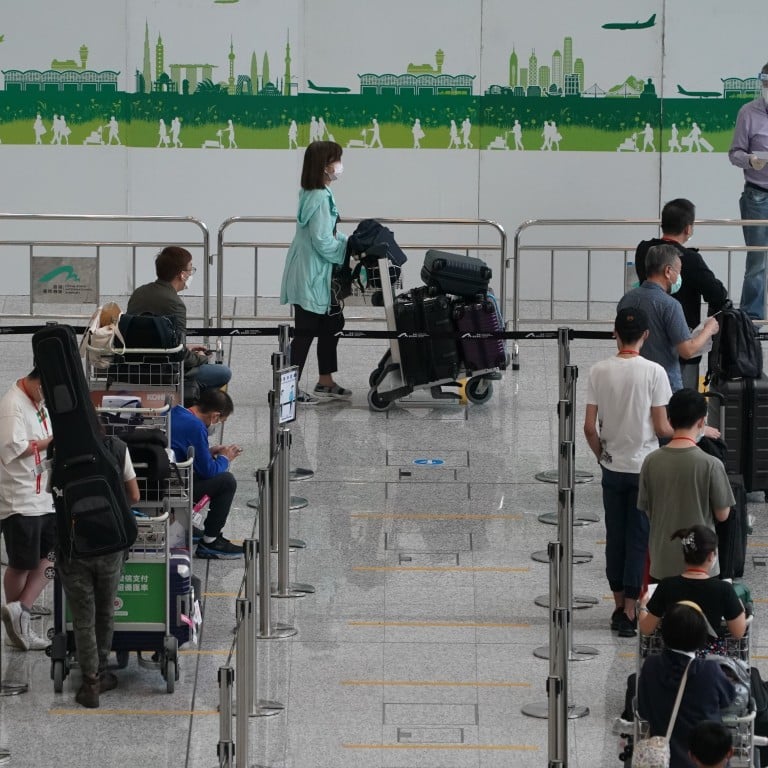
Hong Kong permanent residents overseas balk at high cost of returning to renew status, seek ‘leniency’ during pandemic
- Travel curbs put some at risk of losing right of abode if they don’t return within three years
- Many have ‘emotional ties’ with city, hope residency renewal rules can be eased during pandemic
American citizen Elliott W. spent about HK$15,000 (US$1,900) on airline tickets and 21 nights in a quarantine hotel to keep his Hong Kong permanent resident status.
“This trip costs more than bringing my entire family to Hong Kong to visit,” said the 39-year-old father of two, a hospitality industry worker in Yokohama, Japan.
Permanent residents not of Chinese nationality living outside Hong Kong must return within a three-year period or risk losing their right of abode, along with government benefits and the right to vote.
If they lose their permanent residency, they still retain the “right to land”, a lower immigration status which lets them live, work and study in the city without entitlements such as welfare benefits and cash payouts.
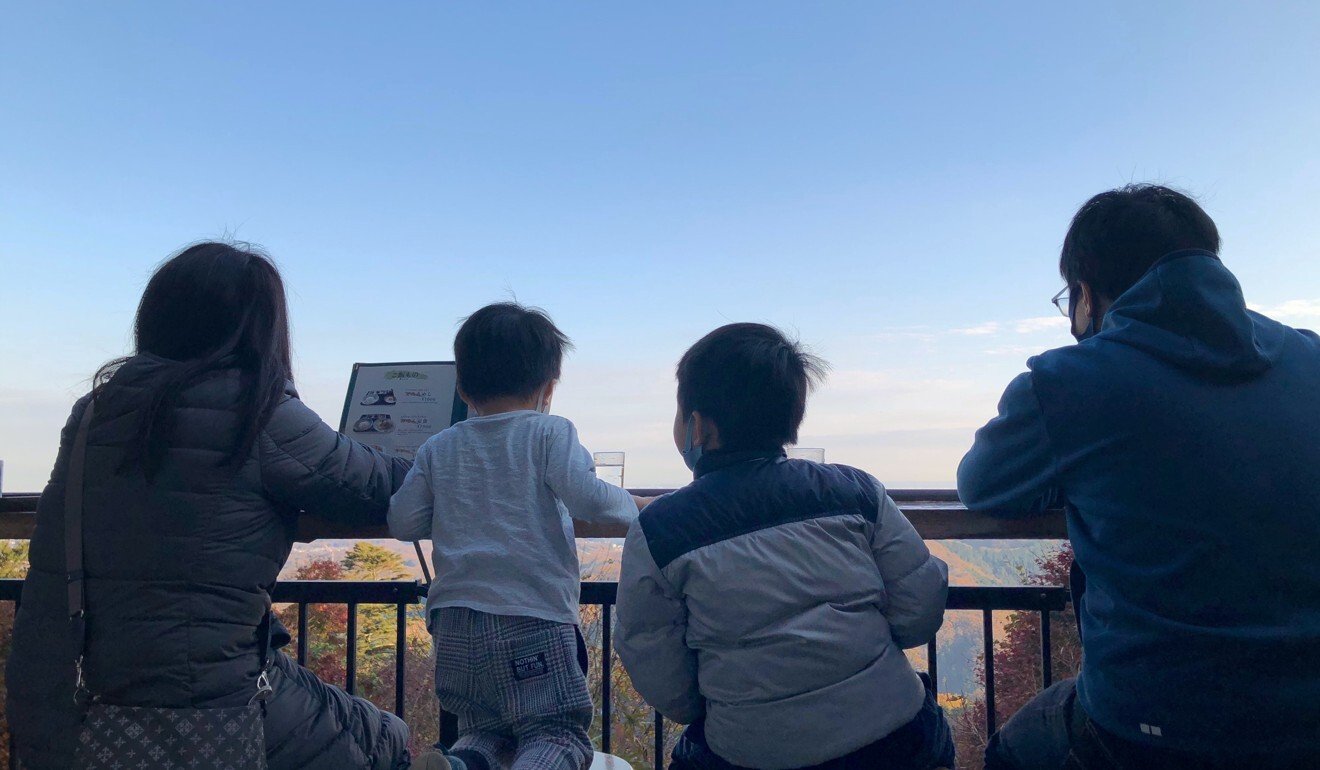
Hong Kong’s tough ongoing Covid-19 travel restrictions have made it hard for foreign permanent residents to return within the 36-month period.
Arrivals face being quarantined for up to 21 days in government-approved hotels, which they must book and pay for themselves.
Elliott, who asked to be identified by only his first name, said: “The problem is that people are travelling during this period when we should be avoiding it.”
A permanent resident for more than 20 years, he hoped the Immigration Department could show some leniency, perhaps by suspending the 36-month rule until borders reopened fully.
Opinion | Covid-19 border closures: how much longer can Hong Kong live in a bubble?
Canadian Stephen Wong, 44, made it back to Hong Kong from Toronto with only days to go before his residency expired.
The software industry employee was born in Canada and has a Hong Kong permanent identity card as he lived and worked in the city for 11 years, well beyond the minimum seven years needed to qualify.
“I’ve loved Hong Kong ever since I was a kid and it would be a shame to lose my status,” he said.
Jim Lee, 49, who holds a British passport and lives in London, must return to Hong Kong before the end of the year to maintain his residency status.
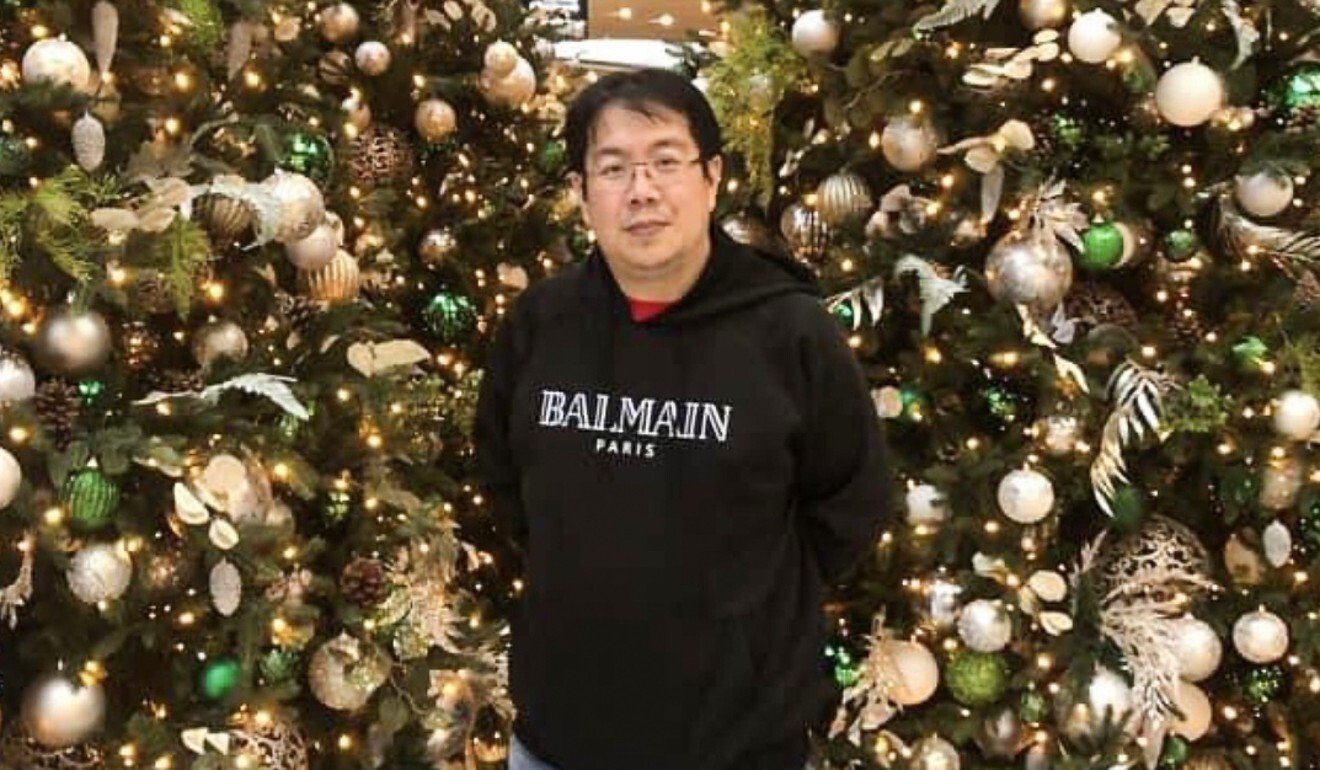
He qualified for permanent residency after working for seven years in banking IT from 2008 to 2015. Before the pandemic, he and his family visited Hong Kong once a year.
His plans to return and renew his status have been up in the air since Hong Kong banned flights from Britain over the worsening pandemic situation there.
Officials put Britain back on the list of “extremely high-risk” countries last week, meaning anyone who has been there for more than two hours during the past 21 days cannot enter Hong Kong.
Hong Kong, mainland China may see ‘limited travel in July’
“We only need to be in Hong Kong for a couple of weeks at the most, so having a quarantine period that’s longer than our stay makes no sense,” he said.
A Malaysian citizen, who only gave his surname, Tan, said he might have to give up his permanent residency because of the strict travel restrictions in Hong Kong and his country.
Tan lives in Kuala Lumpur and was last in Hong Kong in July 2018. Married to a Hongkonger, he used to visit the city two or three times a year but could not do so over the past three years because of work and family commitments and, since 2020, the pandemic travel curbs.
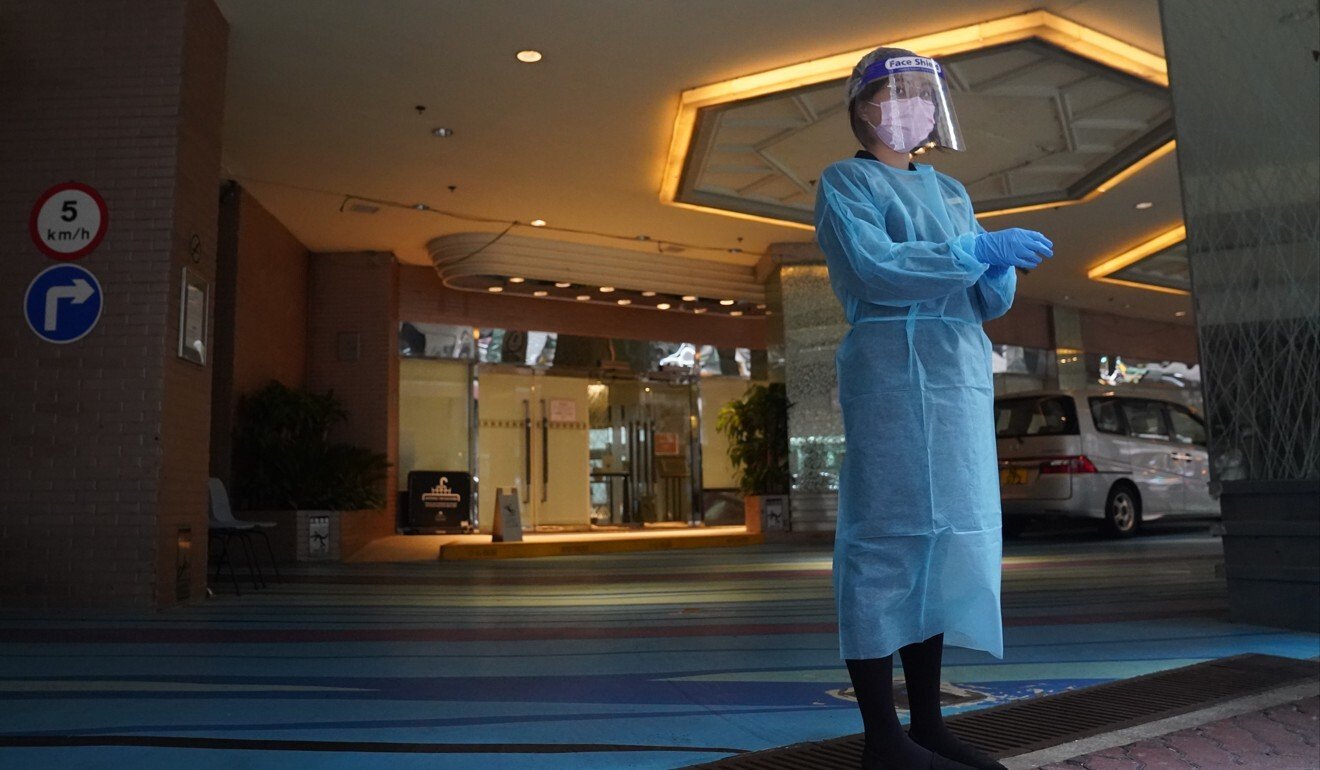
He hoped Hong Kong authorities would be more sympathetic by giving an extension to permanent residents unable to travel during the pandemic to renew their status.
“My wife was born in Hong Kong and I met her there. Hong Kong is still pretty important to me,” he said. “A Hong Kong ID card is everything but citizenship, and there’s an emotional tie as well. I’d be pretty sad to lose it.”
In a reply to the Post, the Immigration Department said it did not have the power to waive the 36-month rule or extend the period on the grounds of unforeseeable circumstances, such as the pandemic.
But the director of immigration can determine whether an individual “has ceased to be ordinarily resident in Hong Kong or is only temporarily absent” through factors such as employment by a Hong Kong-based company and the whereabouts of principal family members.
If the person was deemed to be “temporarily absent”, he or she would not lose their permanent residency, the department said, adding that cases would be assessed individually.
Southern district councillor Paul Zimmerman said he wrote to the department in January and received a similar response. He said more than 10 foreign permanent residents had asked for help in the past six months.

03:55
Thailand’s Phuket island reopens for vaccinated tourists under quarantine-free ‘sandbox’ scheme
Describing the situation as “quite fair”, he said people should not worry even if they lost their permanent resident status because they would automatically have the right to land.
“You don’t need a visa, you don’t need an entry permit and you can stay as long as you want, so you basically have all the benefits of permanent residency retained,” Zimmerman said.
Paul Yip Siu-fai, chair professor of social work and social administration at the University of Hong Kong, said the emotional connection permanent residents felt for Hong Kong was understandable.
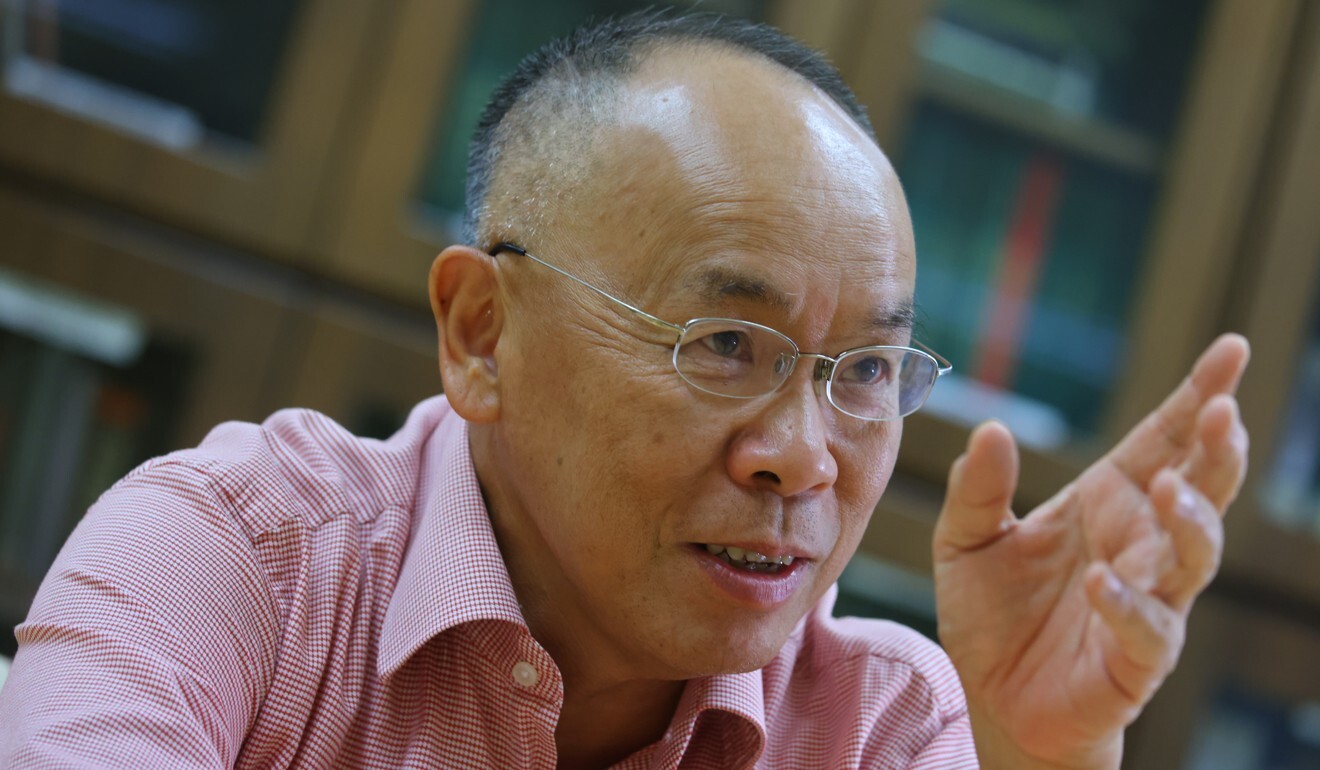
He said it would be up to the government to decide whether to allow extensions of the 36-month limit for renewing permanent residency.
Welfare and health benefits that came with permanent residency were also a reason some foreigners would go to great lengths to maintain their right of abode, he added.
“I’ve heard some people living in Canada come back to Hong Kong for eye surgery as it is less expensive. There are many benefits to being a Hong Kong resident. For example, you can receive the HK$10,000 cash payout from the government,” Yip said, referring to a one-off handout provided as a part of a broader coronavirus relief package.
He suggested the government could be flexible, but set some restrictions for those renewing their residency status.
“Perhaps they can retain their right of abode but not be able to enjoy the welfare that comes along with it,” he said.


